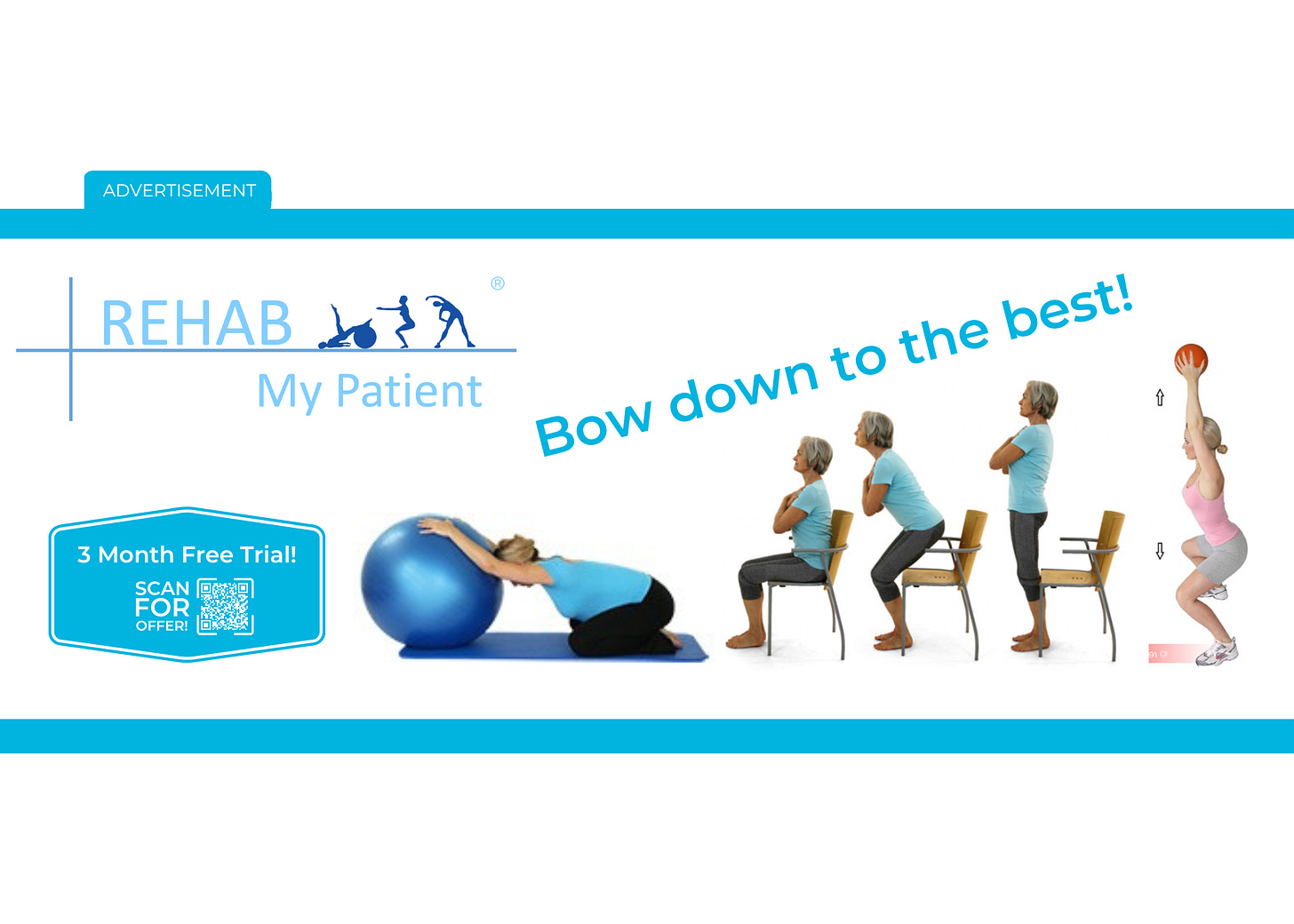Introduction
I appreciate this is the wrong time of year for us to start considering our metabolic health as we struggle to digest the last of the festive Quality Street (the orange cream…really?) on second thoughts, perhaps this is the perfect time to think about it as gym memberships swell with the powerful combination of post-Christmas regret and New Year aspiration.
Well, rest assured I write about this topic not with the ardent fervour of a gym rat nor with the smug certainty of someone who has never owned a pair of trousers with a waist measuring over 32 inches. I come at this from the perspective of an ex-front row player with a body that can most accurately be described as resembling a well risen pizza dough. Nonetheless, despite, or perhaps because of this, I want to talk about why metabolic health might be relevant to any of us working with musculoskeletal conditions.
The Changing Nature Of Disease In The 20th Century
In the mid 19th century, a girl born in the UK would be considered lucky to see her 43rd birthday. If she survived childbirth, she would have to navigate her way through early life without immunisations, antibiotics or access to free healthcare and would most likely end up dying of an infectious disease such as Tuberculosis or pneumonia.
Since then, life expectancy has nearly doubled with most of us expected to live into our 80s. While we have seen a significant decrease in infectious diseases, we have seen an alarming increase in non-communicable diseases such as cardiovascular disease, Type 2 diabetes, and cancer. Driven in part by a wide array of risk factors such as smoking, alcohol, obesity, and lack of exercise, it seems we are now living long enough to see the consequences of our lifestyle choices. During this period, we have also seen our musculoskeletal health decline with nearly a third of the UK population now living with a musculoskeletal problem [1].






